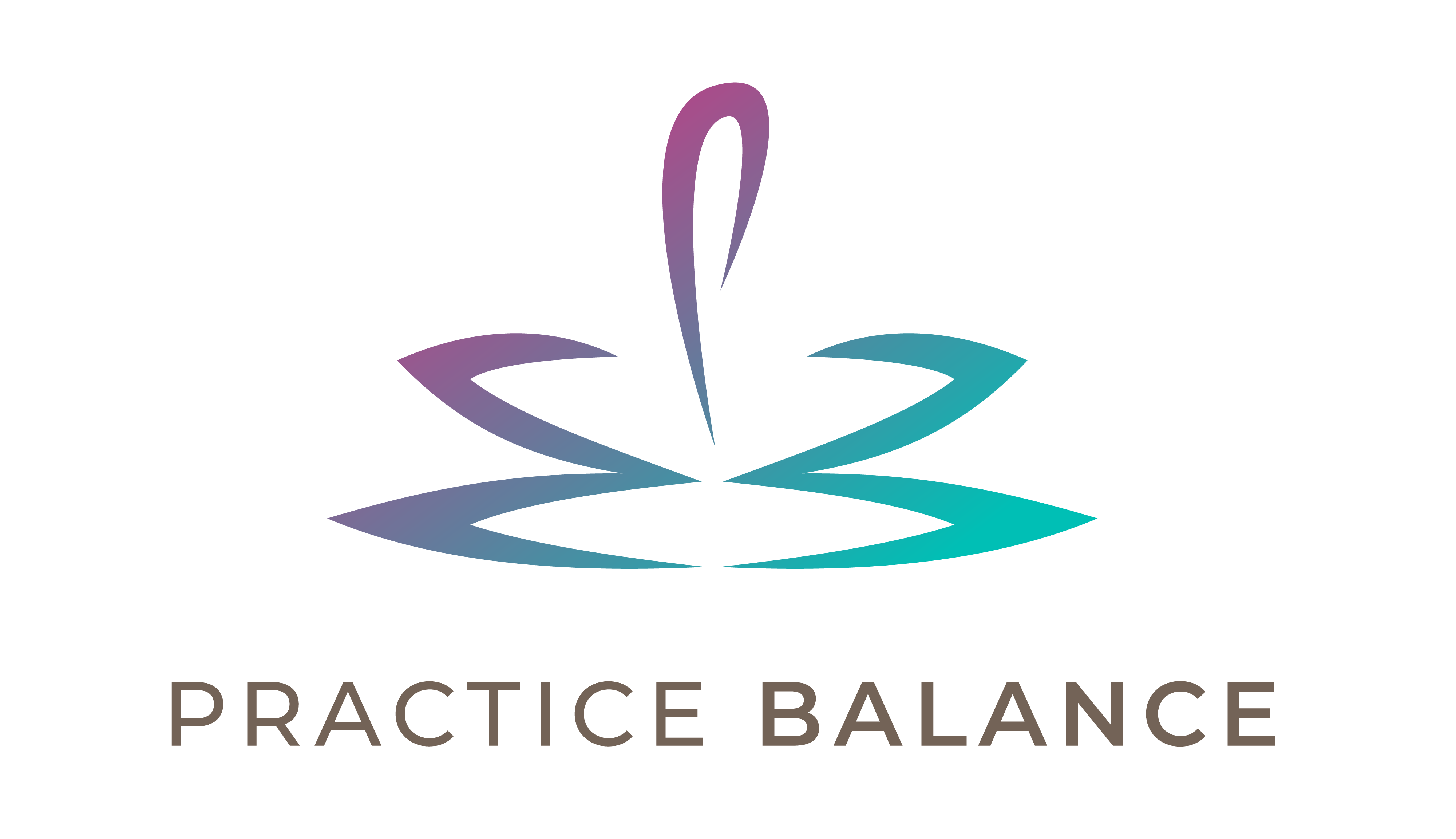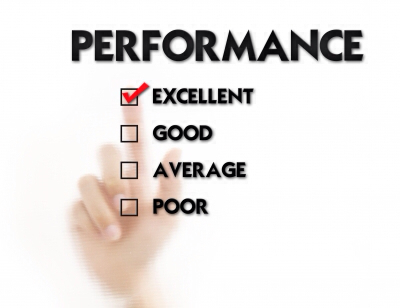
While I have been feeling healthier and stronger than ever, I was reminded about disabilities recently… about my own and about how we all have them to some degree. I recently underwent an ACTH stimulation test to see if my body is doing any of its own signaling to cortisol, the important stress hormone. Although too much cortisol is bad, too little or no cortisol is life threatening. Remember the Hans Selye quote, “Stress is the spice of life. Complete freedom from stress comes only in death”?? Well, at this point I am still dependent on exogenous cortisol (in the form of hydrocortisone pills) to continue living life. It’s a disability that, while very manageable and honestly not too… disabling, could be very important information for others to know in certain situations.
A medical student approached me after one of my talks to ask how to handle clinical rotations given a recent diagnosis of a degenerative disease. This question gave me pause, as revealing a disability or limitation in a setting where your performance is judged almost completely from subjective evaluation involves a delicate balance.
First off, there is nothing more annoying to overworked residents and stressed out attendings than a medical student who complains or makes excuses for what could be construed as laziness, regardless of whether that laziness is misjudged or not. Therefore, you have to play the cards a bit like The Gambler: know when to hold ’em, know when to fold ’em.
My first bit of bit of advice: be open to the “new you”. On her Bounce blog, Bobbi Emel posted a nice piece about how to “put your world back together” after it’s fallen apart for whatever reason — family tragedy, loss, physical illness… She says, “Be okay with the new normal that is being pieced together for you and remember not to pressure yourself.” While this student had just received a life-altering diagnosis, changes in physical or mental ability will most likely happen slowly. You just might surprise yourself at how resilient and strong you are at any given moment, so don’t sell yourself short! Accept the changes that have already taken place, and be open to the new messages that your body will inevitably send you. Thus, I don’t advise just immediately announcing that you have a disability (unless it is something blatantly obvious that requires explanation from the get-go). You don’t want your disability to define you, and you don’t want to appear to be making any excuses when you have yet to even attempt the tasks expected of you.
On the flip side, it’s important to be honest with yourself and others about your limitations. If you’re going to faint into the surgical field while retracting for the 3rd hour of an abdominal case, you should speak up regardless of if you think someone might label you as “weak”. Patient safety and your safety are always more important than what your superiors might think of you. I recall my first night on call in the SICU after returning to work from brain surgery and a month of subsequent recovery. I was still weak and getting used to taking daily steroid medications, but a sick patient needed a central line at 4 am. While I put forth my best attempt, I ended up almost fainting from hours of exhaustion and no cortisol on board… the nurses had to wake up another resident to take over while I slumped to the floor to guzzle juice. Not the brightest of hours, but it was important to swallow pride and embarassment for the better of everyone involved (especially the patient).
Check out this balanced article in the AMA MedEd news (albeit a few years old) about physicians with disabilities. And here’s another slightly newer article in the online mag New Mobility profiling a quadraplegic doctor and his associated roadblocks to success.
What do you think? How do you handle your physical or other limitations in the workplace? Have you ever felt judged by your coworkers, and how did you deal with those feelings?


 Been on vacation lately?
Been on vacation lately?

[…] Nothing about this day was remarkable for me; in fact, it was particularly chill. Only for someone I work with, it turned out to be their worst day ever. Collapse in the OR, colleagues rushed in. Emergent intubation, hours in surgery. A devastating diagnosis followed by tenuous life vs. death days spent in the ICU. This person is slowly recovering as I write, but everything from now on will be different. Without divulging too many details, they are facing a very significant disability. […]